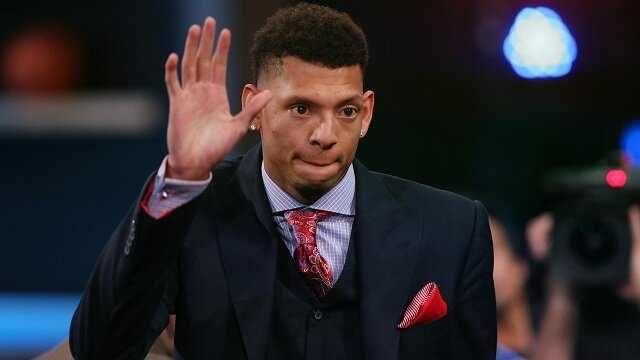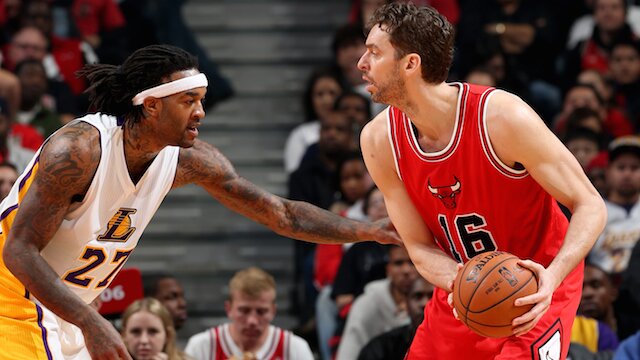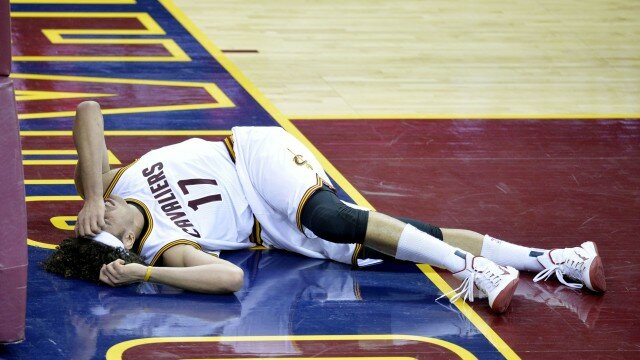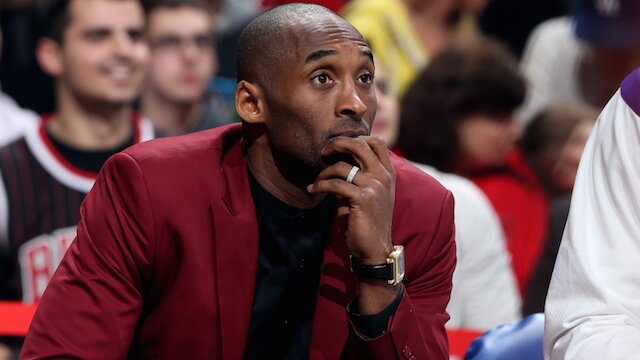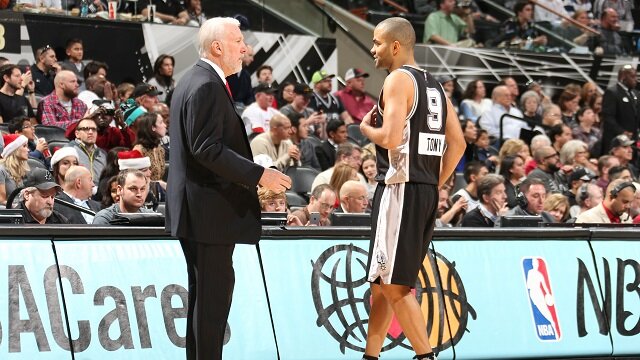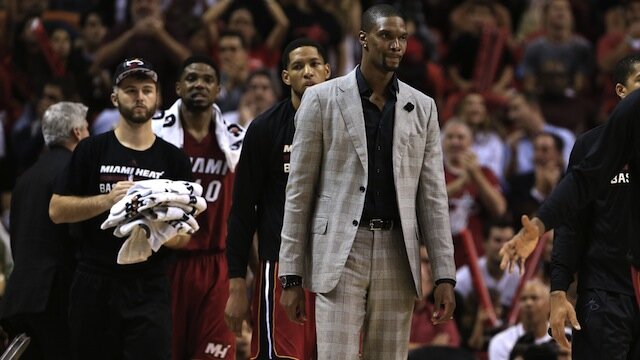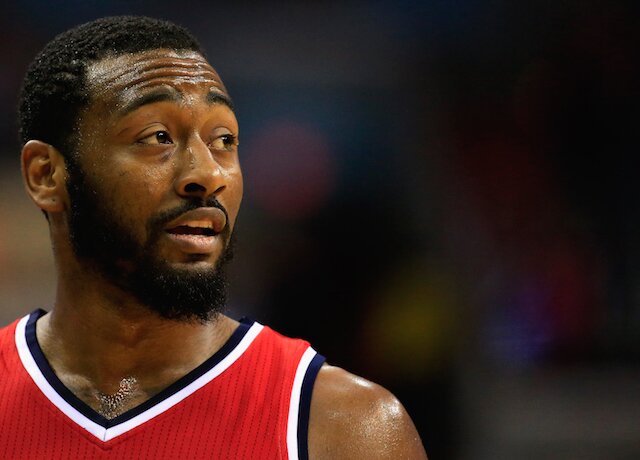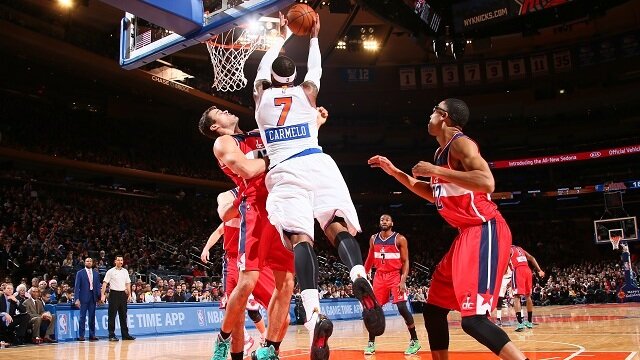Isaiah Austin Using Marfan Syndrome to Spur Post-Basketball Life
Six months ago, days before the 2014 NBA Draft, Isaiah Austin learned of his diagnosis with Marfan Syndrome, a genetic disorder that would derail his childhood dream.
Projected as a late first-round pick, Austin doesn’t have a multi-year, multi-million contract (for instance, Kyle Anderson, the last pick of the first round, got a two-year, $2.36 million contract). Instead, he’s continuing to pursue his finance degree at Baylor University, and he’s serving as a graduate assistant with the 10-1 men’s basketball team.
So how does he feel?
“I’m lucky,” Austin told me last month. “Finding out about the news, after I found out everything, it showed me that God saved my life, and he wanted me to head in a different direction. It’s always been my dream to play in the NBA. But as a basketball player, I wouldn’t have as great an impact on my fans and supporters as I am now, because of everything I’ve gone through.
“I feel I can connect with people on a higher level.”
There’s often a disconnect between athletes and fans.
I find it odd, since some athletes aren’t entirely comfortable with the notoriety and money that comes with their sport. Most of the athletes I’ve gotten to know have remarkable stories, ones that include lots of challenges and potholes on their path to their chosen professional sport.
That’s where Austin can navigate, that’s where Austin can thrive.
“I know people go through daily struggles, and they fight through adversity. I feel I can always connect with the common person,” he said. “I’ve gone through adversity, and I’m going to continue to go through adversity. But I have a foundation underneath me and the right people around me to keep me headed in the right direction.”
The foundation he speaks of is his relationship with God, and the right people he speaks of starts at home with his family. His parents instilled in him values, and they always forced him to keep basketball in perspective.
His priorities were as follow: God, family and school.
“That’s how I grew up,” he said. “Basketball wasn’t a priority in my life.
“It kept me humble and level-headed.”
In 2008, when he was 14, Austin’s retina in his right eye detached when he dunked in a basketball game. He underwent a series of surgeries to save his eye, which drew him closer to God.
“I was going through a rough patch,” Austin admitted. “I was lost and confused. I didn’t know where else to turn, and I gave my heart to Him, and he opened up a path for me.”
As a sophomore, Austin averaged 11.2 points, 5.5 rebounds and 3.1 blocks per game. In fact, his 119 blocks ranked fourth in the nation.
Not too shabby for a prospect who stood 7 foot 1.
He visited with more than a dozen NBA teams in advance of the draft, but he got his diagnosis five days beforehand.
Surrounded by his support network, Austin sobbed as he heard the news of Marfan Syndrome, a genetic disorder that affects the body’s connective tissues. It can impact the heart, blood vessels, joints, bones and eyes.
Marfan Syndrome, which affects 1 in 5,000 people, can be life-threatening.
After the initial shock of the news, Austin’s reaction is telling. He headed to the bathroom and collected himself because two people greatly cared for were watching him.
“My little brother and sister look up to me more than anyone in the world,” Austin told .
Baylor’s head coach, Scott Drew, assured Austin his scholarship would be honored, and he asked him to join the coaching staff.
“We need you,” Drew told him.
When he’s not studying or coaching, Austin serves as a spokesman for the Marfan Foundation and the Haier Achievement Award, given to college student-athletes who have confronted adversity.
Sometimes, often on campus, students come up to him and tell him how much he’s inspired them.
“Those moments are priceless,” Austin said. “I’m touching people’s lives.”
Austin is excited to represent Haier in their pursuit of finding inspirational student-athletes.
“I pride myself in high character, and doing the right thing, and that’s what this award stands for,” Austin said.
Austin can’t overexert himself, so he can jog but not run, and he can’t do any heavy lifting.
Even pickup basketball is too risky. But sometimes, late at night, he’ll head into the Ferrell Center and do some light shooting drills.
“I miss the feel of a basketball,” he said, and the sound of a shot going in.
“Simple things like that.”
But Austin is thankful to be a part of Baylor basketball, though his teammates are adjusting to him wearing the whistle.
“They get a little frustrated in practice,” he said, “but that’s how it is.
“I think we’ll be solid,” he added. “We go hard in practice every day. Our guys are committed to winning and listening to coach (Drew). We have an all-in mentality.”
Health Is Essential For Bulls
A Christmas Day matchup with the Los Angeles Lakers showed how dangerous the Chicago Bulls can be when healthy. Read More
Cavaliers Must Change To Compete
The Cleveland Cavaliers are still searching for their niche, but change must come first. Read More
Los Angeles Lakers Look Sluggish on Christmas Day
Kobe Bryant sat his second consecutive game on Christmas Day, as his Lakers come out of the gate sluggish. Read More
Dwyane Wade, Miami Heat Ruin LeBron James Return
Dwyane Wade proved that the Miami Heat is still his team as he outshined LeBron James and the Cleveland Cavaliers on Christmas Day. Read More
Russell Westbrook is Oklahoma City's MVP
The Oklahoma City Thunder have had a chaotic start to the NBA season and even though Russell Westbrook has faced an injury, he has kept the Thunder alive in the West. Read More
Spurs, Thunder Epitomize Consistency
Christmas Day featured two favorites to play in the Western Conference Finals, even though their best players have missed significant time. Read More
Heat's Offense Will Be Awful Until Bosh Returns
The Miami Heat have really struggled on offense this season, but more specifically in the last few weeks in the absence of Chris Bosh. Read More
Russell Westbrook Is An MVP Favorite
Having played nearly half the season without Kevin Durant, Russell Westbrook has singlehandedly kept the Oklahoma City Thunder afloat. Read More
MVP Candidate Wall and Wizards On A Roll
The opening act of the NBA's Christmas Day card may have been the best present under the tree if you are a fan of John Wall and the Washington Wizards. Read More
Wizards Proving To Be Contenders In East
John Wall and the Washington Wizards cruised to an easy victory over the New York Knicks on Christmas Day. Read More
Cavaliers vs. Heat: Preview, Prediction
The Miami Heat host the Cleveland Cavaliers at 5:00 pm EST on Christmas Day. The showdown pits Lebron James against his former team, and best buddy Dwyane Wade, as the Heat look to get back on track. Read More
Wizards vs. Knicks: In-Game Analysis
An in-game analysis of the Washington Wizards vs. New York Knicks Christmas Day game. Read More
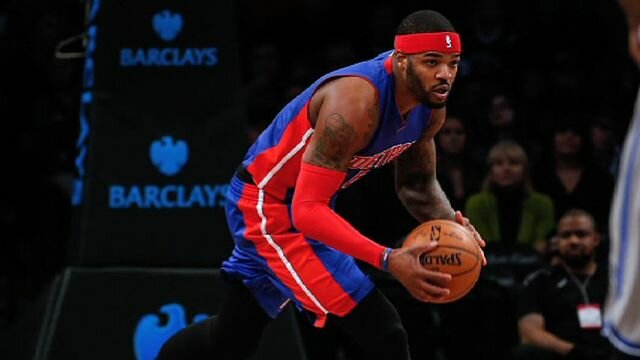
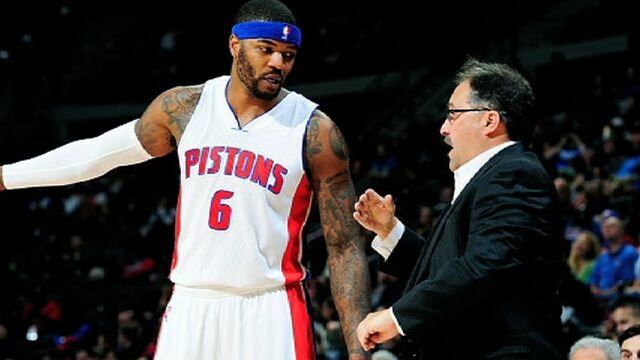
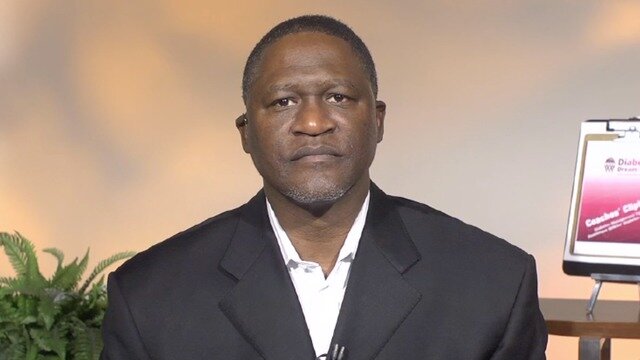
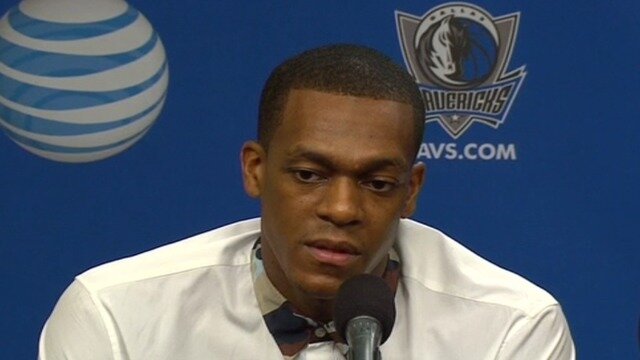
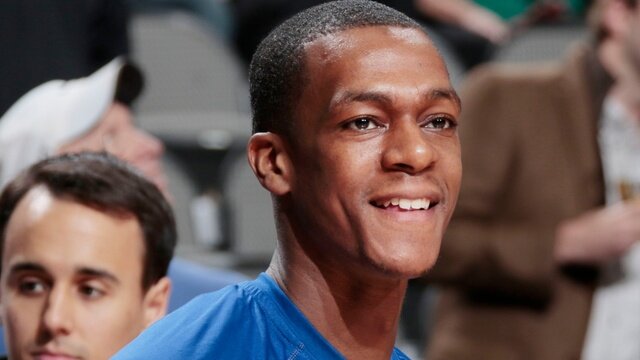
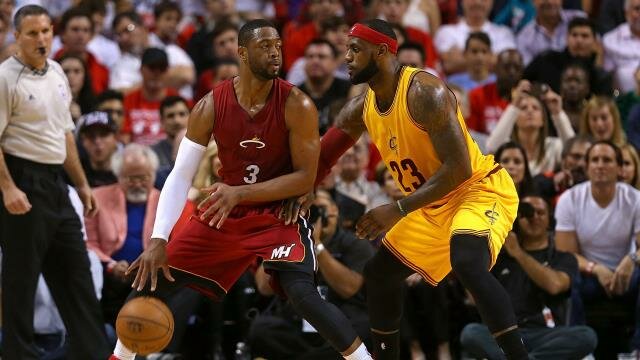
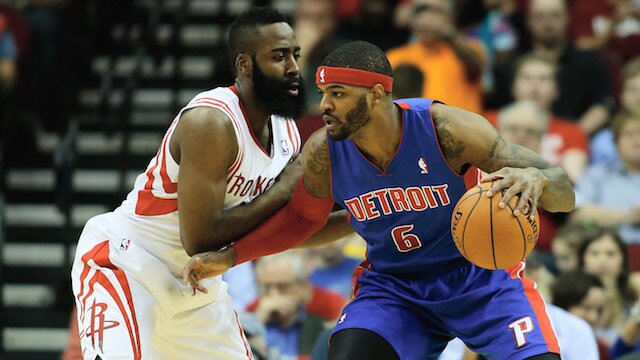

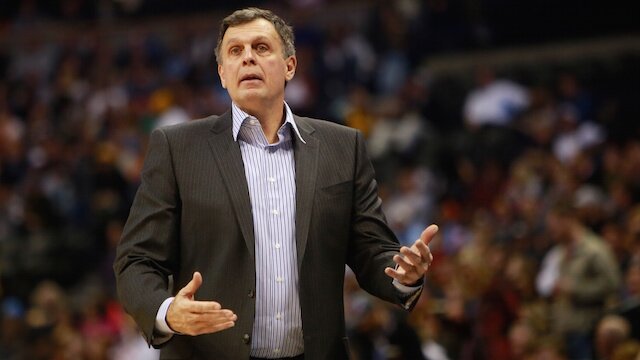
 @seankjensen
@seankjensen 